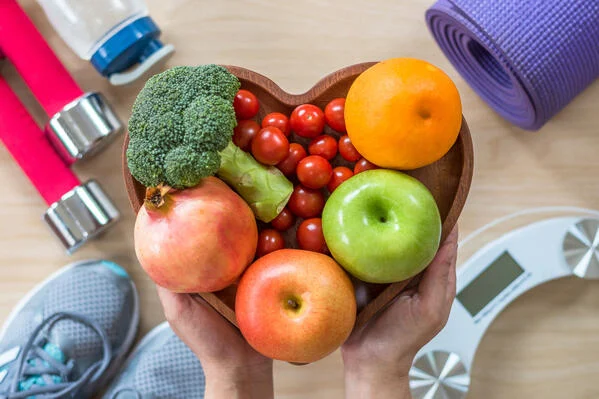What heart disease stems from is the narrowing of the arteries in the body, which supply blood to the heart through a process known as atherosclerosis.
Fatty deposits (or plaque) gradually build up inside the artery walls, narrowing the space in which blood can flow to the heart.
The build-up of plaque can be considered unstable or stable, and when this can become an issue is when there is way too much build-up of stable plaque, it narrows the arteries, which makes it hard for blood to reach the heart and causes pain and discomfort that will have to be treated.
Unstable plaque is inflamed with a thin cap that is prone to cracking, which unfortunately would allow crack blood to make contact with the fatty elements of the plaque.
Blood clots will form to attempt to seal the gap, but this creates a new problem because those blood clots block the artery, preventing the flow of blood to the heart, disrupting the oxygen supply, and damaging or even killing heart cells, all leading up to what we know as being heart attacks.
What you will need to do in order to lower the chances of heart attacks from erupting is to be physically active, refuse to be a smoker, and eat a healthy nutritional diet to really reduce your risk of heart disease.
Your cholesterol levels, blood pressure, management of diabetes, and body weight can all be affected by your daily diet.
One of the greatest ways to reduce the fear of heart disease is to partake in a healthy diet and keep your body at a healthy weight.
Along with getting coq10 benefits from the CoQ10 essential nutrient that resides in the mitochondria, which are creators of energy inside each of your cells, it is also important to eat a variety of foods that are beneficial to our health and can help reduce our risk of heart disease.
Make an effort to eat a variety of foods from each of the five main food groups to maintain a healthy diet that is capable of providing essential nutrients to the body.
Berries
Blackberries, blueberries, raspberries, and strawberries are jam-packed with the prominent nutrients that are central to heart health.
Berries are rich in antioxidants like anthocyanins to protect against oxidative stress and inflammation that can be evil instigators to the cause of heart disease.
You can get your daily berry intake in during breakfast or as a satisfying low-calorie snack to take advantage of their unique health benefits.
Leafy Green Vegetables
Spinach, kale, and collard greens are all considered leafy green vegetables that can reward you with a wealth of antioxidants, minerals, and vitamins, particularly vitamin K, which helps guard your arteries and also assists with promoting proper blood clotting.
Leafy green vegetables are also high in dietary nitrates that have been shown to lower blood pressure levels, reduce the amount of arterial stiffness, and improve the functionality of cells lining the blood vessels.
Fish and Seafood
Seafood such as salmon, mackerel, sardines, and tuna are all forms of fatty fish that are loaded up with omega-3 fatty acids that have been extensively studied for their heart-health benefits.
Omega-3 fatty acids that are derived from fatty fish may provide protection when it comes to the risk of developing heart disease and when it comes to slightly reduce the risk of cardiovascular diseases such as fatal and nonfatal strokes.
Fish consumption is associated with a lower risk of cardiovascular disease, depression, and mortality.
Avocados
For a needed intake of heart-healthy monounsaturated fats, avocados are an awesome source, which is important considering the way that monounsaturated fats have been linked to reducing levels of cholesterol to lower the chances of heart disease.
The cardioprotective and lipid-lowering effects of avocado, along with the way that they are rich in potassium, a nutrient essential to heart health
only increases their ability to fight back against heart disease.
Having one avocado can give you approximately 975 milligrams of potassium (28% of your daily requirement).
Aim to get at least 4.7 grams of potassium each and every day to decrease blood pressure.
Beans
Resistant starch can be found in beans, which resists digestion and is fermented by the beneficial bacteria inside of your gut, and has the potential to bring forth a healthy impact on the gut and certain members of its resident microbiota.
Tomatoes
Tomatoes are filled with lycopene, which can be described as being a natural plant pigment with powerful antioxidant properties that help to
neutralize harmful free radicals, preventing oxidative damage and inflammation, which are factors that can contribute to heart disease.
Having low blood levels of lycopene have been linked to an increased risk of getting a stroke and suffering from heart attacks.
To be on the safe side, increase the intake of tomato products and lycopene supplementation to have positive effects on your blood pressure.

